Make That Change
The Rules
Let's have a real talk here. Don't get caught up on the specific numbers, or on the easy excuses.
History
I am 6'1 (186 cm) and 28 years old. At my peak weight I weighed 265 pounds (120 kg). I had very poor eating habits, and was also very sedentary. I sat in front of a computer for work, and also for my hobbies at home. The only good thing about this is it paid the bills.
I was never happy with my weight and I always made excuses. I went through a rough time in my life, and I decided I was going to make the change for good. I changed my diet and exercise habits; over the course of about 16 months I lost about 100 pounds (45 kg). At my lowest weight I was 165 (75 kg). From there, I focused a bit more on my diet and now maintain myself around 175-180 (79-82 kg).
I am not a dietitian, nutritionist, personal trainer, doctor, nor am I in any way certified to give out advice on health or nutrition. My only "credential" is that I've been heavy, and I've lost weight. All of my information comes from researching in books and web articles.
I have been wanting to write this for a while, but I've procrastinated because I was worried people would not like what I have to say or pick it apart. Overall, I think this writing will do more harm than good. This writing is just my way of thinking when it comes to weight loss.
Here are some pictures of approximately "before and after". As you'll notice, I've omitted any shirtless shots (for both of our benefits)
Budget
As you grow older, you get an idea of which things are expensive, and which things are cheap. Once you get the hang of this, you can worry a little less about the specifics and still keep your budget on track. You know that you can buy a pack of gum without checking the price. In contrast, you learn that if you're in an expensive looking store you need to think twice before buying a purse.
Why do we treat food any differently? Do you know your caloric "budget"? It's probably not 2,000 calories despite what the back of that cereal box tells you. Similar to the purse scenario, you need to be a bit more careful about what you throw on your plate when you're at a pizza parlor than when you are at a salad bar if you want to stay within your "budget".
Debt
You can be in debt financially, and you can also be in debt calorically (overweight). The nice thing is that your body is much more forgiving than your bank. You can overspend your daily income by a few thousand times if you decide to go buy a Ferrari. Your body is configured well enough that you cannot possibly absorb more than a few day's worth of calories in a single day. But in both cases, you can overspend by 5-10% for a few years and then it will come back and bite you - hard.
Excuses
Let's get the excuses out of the way. There is a little thing called the Law of Conservation of Mass and Energy. It means that you cannot create mass from nothing. To really blunt - it means you gain weight because you take in more mass (food) than you convert into other forms (mass and energy) through bodily functions and exercise. If you do somehow find that you are creating mass from nothing, I suggest you immediately nominate yourself for a Nobel Prize in Physics. But be warned, you'll probably be getting a free autopsy - for Science!
Math
They told you in school, and it's true: math can save your life. It's actually REALLY easy to use math to lose weight. Here is how I think of the equation:
Weight Change = Input - Basal Metabolic Rate - Extra Effort * Personal Multiplier
Let's break these things down.
Weight Change:
A pound of fat is roughly 3,500 calories. Please note I said roughly. Apparently some people are very passionate about this not being 100% accurate. Whether it's 2,500 or 4,500 - I think 3,500 gets us in the right ballpark, and the right mindset.
So, if you want to remain the same, the weight change number should be 0.
If you want to gain weight (even muscle), the number needs to be above 0.
If you want to lose weight, the number needs to be below 0.
Input:
This is everything that you eat or drink. Yes - that soda you're drinking is PACKED with calories. Are you sure you're enjoying it as much as you should?
The nice thing is this is really easy to calculate, and also easy to find when food advertisements are flat out lying. I don't know all the intricacies of how they get away with it, but let's just say that when something says 99% Fat Free it doesn't always mean it.
Your body can only break down certain types of material, and nutrition labels break it up into a few categories. Each of these categories has a generally accepted amount of calories that a gram represents.
1 gram of Carbohydrates is 4 calories. 1 gram of Protein is 4 calories. 1 gram of Fat is 9 calories. 1 gram of Alcohol is 7 calories.
Let's take a look at an example:
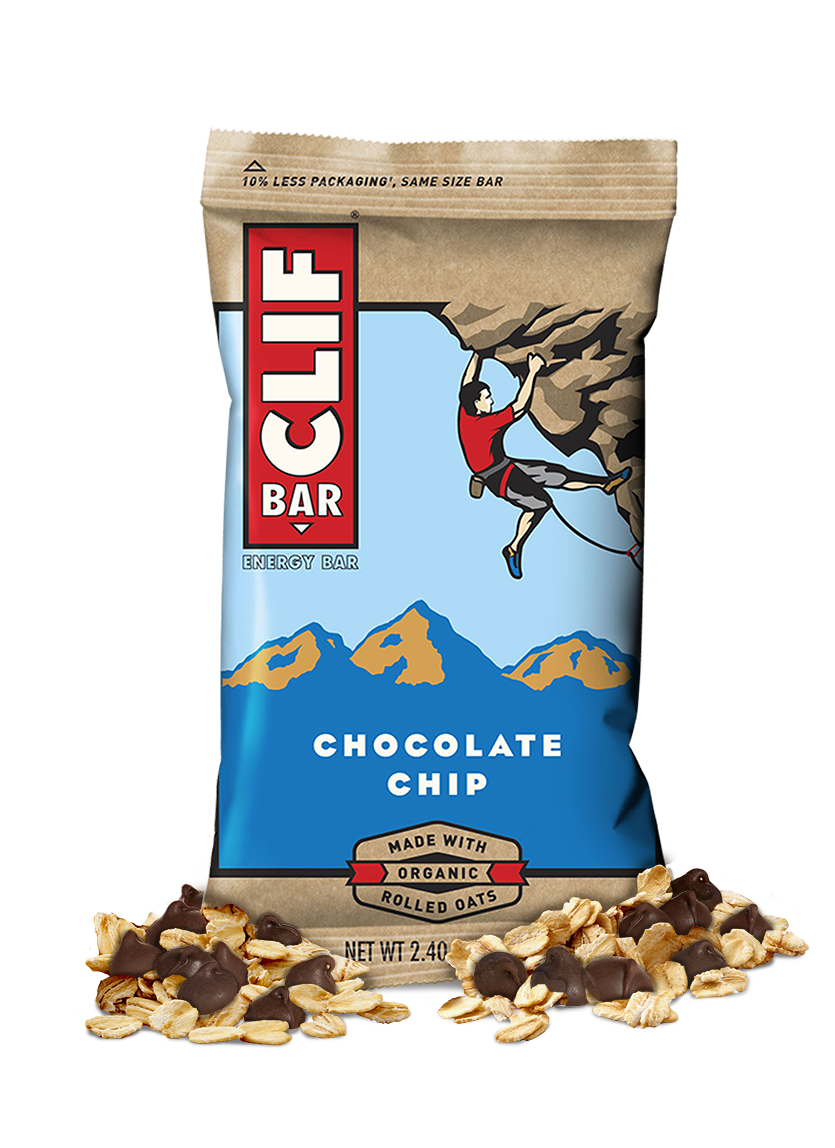
Total Fat: 5g = 45 calories
Total Carbohydrates: 45g = 180 calories
Total Protein: 10g = 40 calories
Total Calories: 265 calories*
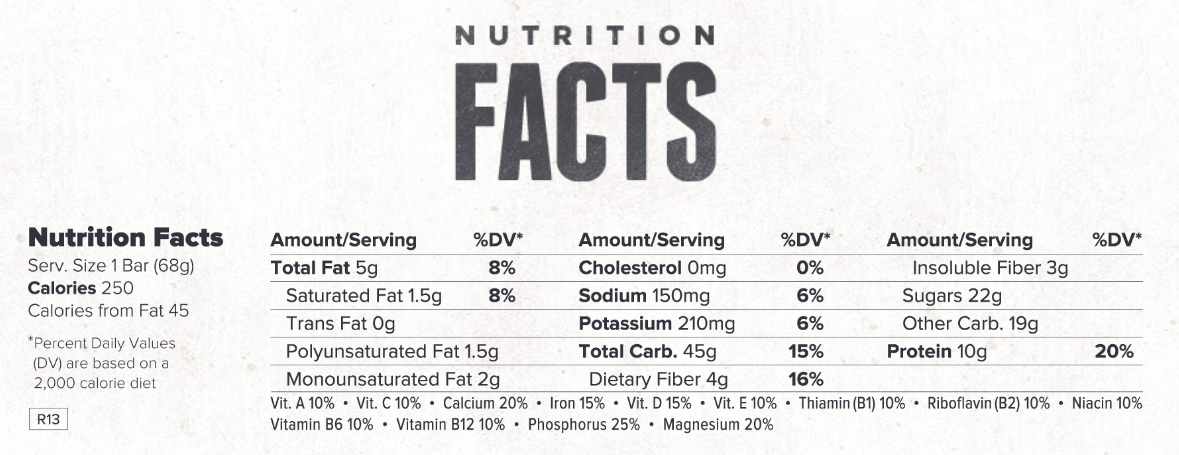
* Why is this different than the calories on the label? Because Dietary Fiber is sometimes not counted as calories because your body can't digest it and obtain its caloric worth. Is this worth fretting over? NO! Should you use this as an excuse to eat another Snickers bar? NO!
Next time you're in the deli section of the store, pick up a pack of pre-sliced meat and count the calories in the protein. I often see packaged meat with 90 calories per serving and only 10 grams of protein (40 calories) per serving - and it's marked as 99% Fat Free!!! I don't know how they get away with this, but does it matter? I'm the one who gains weight if I don't know what I'm eating, so I have chosen to learn to calculate how lean meat really is.
Using these basic calculations, you can figure out about how many calories is in something and if it is worth it. You would be surprised that sometimes two similar items (e.g. a muffin) can be at least 200 calories different from each other based on what the ingredients are. Considering this could be 10% of your daily budget, it's important to know! Does this mean you can't eat the muffin? Absolutely not! It just means you have to know what you're doing and make sure you enjoy it!
A special note on Input and Protein
The numbers are all over the board on this one, but there is a guideline of how much protein you need each day. If you want to maintain muscle you need 1g of protein per pound that you WANT to weigh. If you want to gain muscle, you may need more.
I weigh 175; my caloric "budget" is around 2,300 calories per day; I want to gain muscle. This means that I need to eat at least 175 grams of protein (700 calories) each day. This means I still have about 1,600 calories to play with. So I can choose to eat protein rich food and vegetables (around 900 calories) and then gorge myself on about 7 Krispy Kreme Original Glazed donuts. Or, I could eat food that is about 30% protein the entire day. It's my choice, and I can tell you honestly that I have done both.
Last note on Input
Yes, calories are calories. There are plenty of examples of how people have lost weight eating nothing but Twinkies. However, it's also about HEALTH. You can be thin and unhealthy.
Basal Metabolic Rate (BMR):
This basically means this is how many calories you would burn if you were in a neutral (not hot or cold) environment and didn't do any physical activity (e.g. sleeping). This is your baseline amount of calories and doesn't include exercise. You "earn" more calories in your budget through exercise. There are some guides on how to calculate your BMR, but I hope you understand that you shouldn't expect a web page to be able to calculate anything about your body 100% accurately.
www.bodybuilding.com/fun/bmr_calculator.htm
Extra Effort:
This is all the extra work you do, big and small. This is choosing to walk up the stairs instead of taking the elevator.
This is parking at the far end of the parking lot and walking for 5 minutes instead of driving around for 5 minutes looking for the closest spot - seriously, why do people do this? Especially at the gym!
Last but not least, this is also exercise. Again, you can use websites to get an estimate of how many calories you'll burn doing an exercise. And again, you should not trust a website to tell you exactly how many calories you're burning. It can't see how hard you're actually working!
Personal Multiplier:
This is the "wildcard" I give everyone. I'm sure there are plenty of medical conditions that make weight loss more difficult. But I'm going to go back to my Conservation of Mass statement and say that it's impossible to create mass from nothing. So what does this mean? It means that for some people, the same amount of effort doesn't get the same results. It may be HARDER for you, but NOT IMPOSSIBLE.
Some people have naturally higher or lower metabolism. But your BMR is what your BMR is, so all you can control is how much exercise you need to do to balance out your equation if you're choosing to eat pizza. You can also choose to eat healthier and maximize your budget so you need less exercise to even out the equation.
Tips:
- Don't get sucked in with the "free" when it comes to food. ITS NOT FREE! Would you spend $100 on a package deal when you only want a $20 item in it? NO! So why waste your calories on deep fried breading when all you want is some delicious chicken? It may not cost you more money, but it will cost you more calories!
- Don't burn yourself out. It's not a sprint, it's a MARATHON. It is a way of life that you need to WANT to live. I've seen people execute very healthy diets, absolutely PERFECT - for one day. Ease yourself in, but also make the mental switch.
- Make the change soon! Yes, I dropped about 100 pounds. On the surface, it looks like a success story. But I can tell you that there is also an ugly side. To my great shame, I still have extra skin and fat on a few areas of my body. Based on what I've tried and researched, there is no healthy way to remove the fat - and no way (except surgery) to remove the extra skin. The more "debt" you gain, the harder it will be to work off and the more irreversible damage you will do to your body.I'm happy with myself now - and I do think about the surgery at times. Though, I also think that there must be a better way to spent $15,000 than on a little bit of extra fat and skin. Maybe my superficial side will get the best of me one day.
- Set your goal with your eyes, not the scale. Once you've met your goal, use the scale to help you keep on track. Pants a little tight? Time to back it off for a few days!
- Accept that you probably won't get six-pack abs unless your body is genetically and physiologically pre-dispositioned to this. You should be aiming to look in the mirror and be happy with yourself and look healthy.
- Take out the Low Hanging Fruit: Chips, Fried foods, and Soda. Making these easy changes will chop a large amount of calories from your diet.
- Find good substitutes. This goes hand in hand with the low hanging fruit - I found that most of the time I was eating bad food was because it satisfied a craving, not because I wanted that specific food.
- I wasn't craving chips, I was craving something I could pop in my mouth and was salty and crunchy. Hello Dry Roasted Almonds with Sea Salt! A great source of Protein, Calcium, and Vitamin E. However, as with most nuts it contains a lot of fat and is relatively high in calories. This is why I recommend shelled nuts like Pistachios as well.
- Gaining a taste for zero-calorie, zero-fake sugar, carbonated water is a great and healthy alternative to satisfy the desire for something fizzy. And you can use those calories you saved to eat something you'll really enjoy!
- Find exercise you'll enjoy. Maybe it's taking the dog for a walk, playing soccer with your kids in the park, or even picking up a manual hobby.
- Lift weights. The more muscle you have, the higher your BMR is. Lifting weights helps you burn calories while you're lifting, and the muscle you gain helps you burn calories even at rest!
- You'll only cheat yourself. If you're going for weight loss, don't tell yourself that you only ate 1/2 of the burger so it doesn't count. It just means you took in 1/2 the calories of a burger.
Most of all: (Responsibly) Enjoy yourself!
Does this mean you can't eat ice cream, french fries, and all of your other favorite foods? NO! It means you need to be DELIBERATE when you do it.
Are you enjoying the bread on that sandwich? Is it amazing and exactly what you wanted? No? Then why are you eating it?!
I eat bad food from time to time (my favorite is Taco Bell Doritos Loco Tacos!). I don't eat them on nights I work out, and I make sure I'm really enjoying it.
Especially if you're in America, you need to learn to be OK with throwing food away as you are making a positive change in yourself. The portion sizes and quality of food here are atrocious.
Perhaps with time, more places will offer lean and healthy food. Until then, it's up to you to seek it out or make your own modifications as necessary.



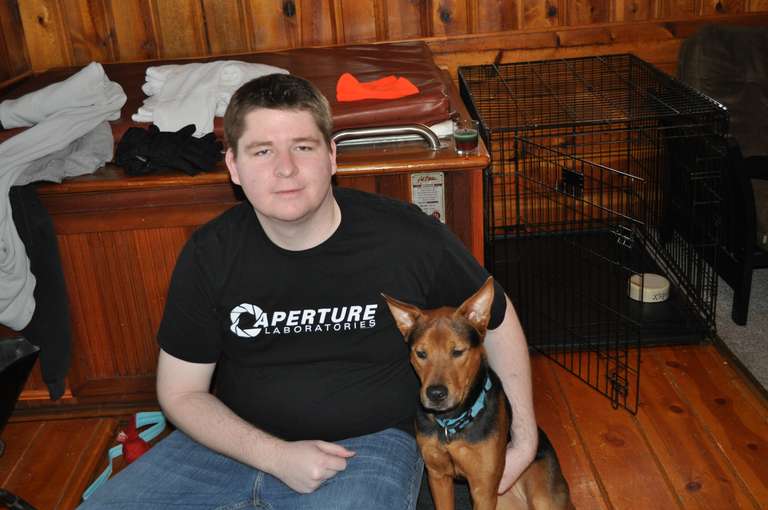
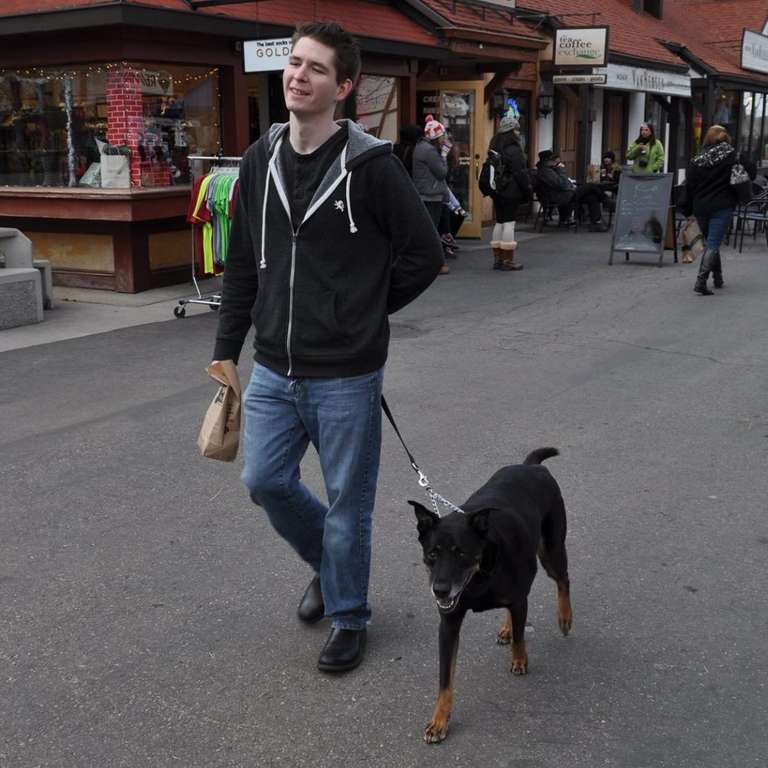
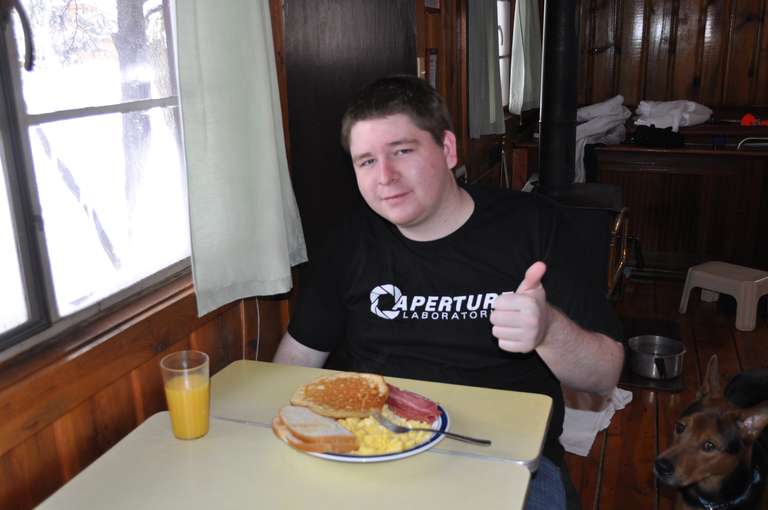

Comments